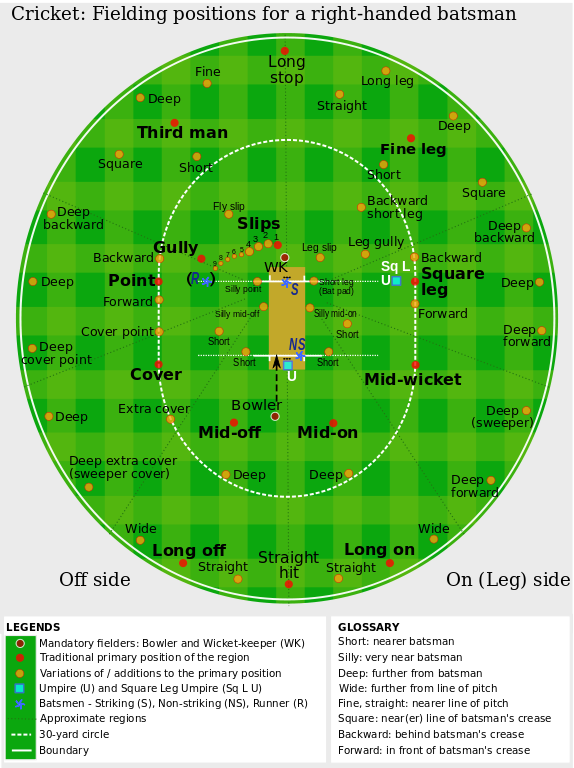LibreOffice 4.3 ready for download
Via its blog, The Document Foundation has announced the release of LibreOffice 4.3; this is the 8th major release of the free and open source office suite since the birth of the project in September 2010.

LibreOffice 4.3 offers a large number of improvements and new features, including:
- Document interoperability: support for MS’ OOXML Strict, OOXML graphics improvements (DrawingML, theme fonts, preservation of drawing styles and attributes), embedding OOXML files inside another OOXML file, support for 30 new Excel formulas, support for MS Works spreadsheets and databases, as well as Mac legacy file formats such as ClarisWorks, ClarisResolve, MacWorks, SuperPaint and more.
- Comment management: comments can now be printed in the document margin, formatted in a better way, and imported and exported – including nested comments – in ODF, DOC, OOXML and RTF documents, for improved productivity and better collaboration.
- Intuitive spreadsheet handling: Calc now allows several tasks to be carried out more intuitively, thanks to the smarter highlighting of formulas in cells, the display of the number of selected rows and columns in the status bar, the ability to start editing a cell with the content of the cell above it and the user being fully able to select text conversion models.
- 3D models in Impress: support of animated 3D models in the new open glTF format, plus initial support for Collada and kmz files that are found in Google Warehouse, in order to add a fresh new look and animations to keynotes (support for this feature is currently on Windows and Linux versions only).
LibreOffice 4.3 also supports “monster” paragraphs exceeding 65,000 characters in length. This is an example of an 11 years old bug solved thanks to the modernization of the old OpenOffice source code. In addition, the accessibility technology on Windows has become a standard feature, thanks to the improvements based on IBM’s IAccessible2 framework.
The full list of new features and improvements of LibreOffice 4.3 is available on the wiki.
According to the Coverity Scan service, the quality of LibreOffice source code has improved dramatically during the last two years, with a reduction of the defect density per 1,000 lines of code from an above the average 1.11 to an industry leading 0.08. Read Coverity’s report for more information.
LibreOffice 4.3 and LibreOffice 4.2.6 – which will be released on Friday – are available for download from the following link: http://www.libreoffice.org/download/. Extensions and templates to enhance the software’s functionality and add specific features can be found at http://extensions.libreoffice.org/.





